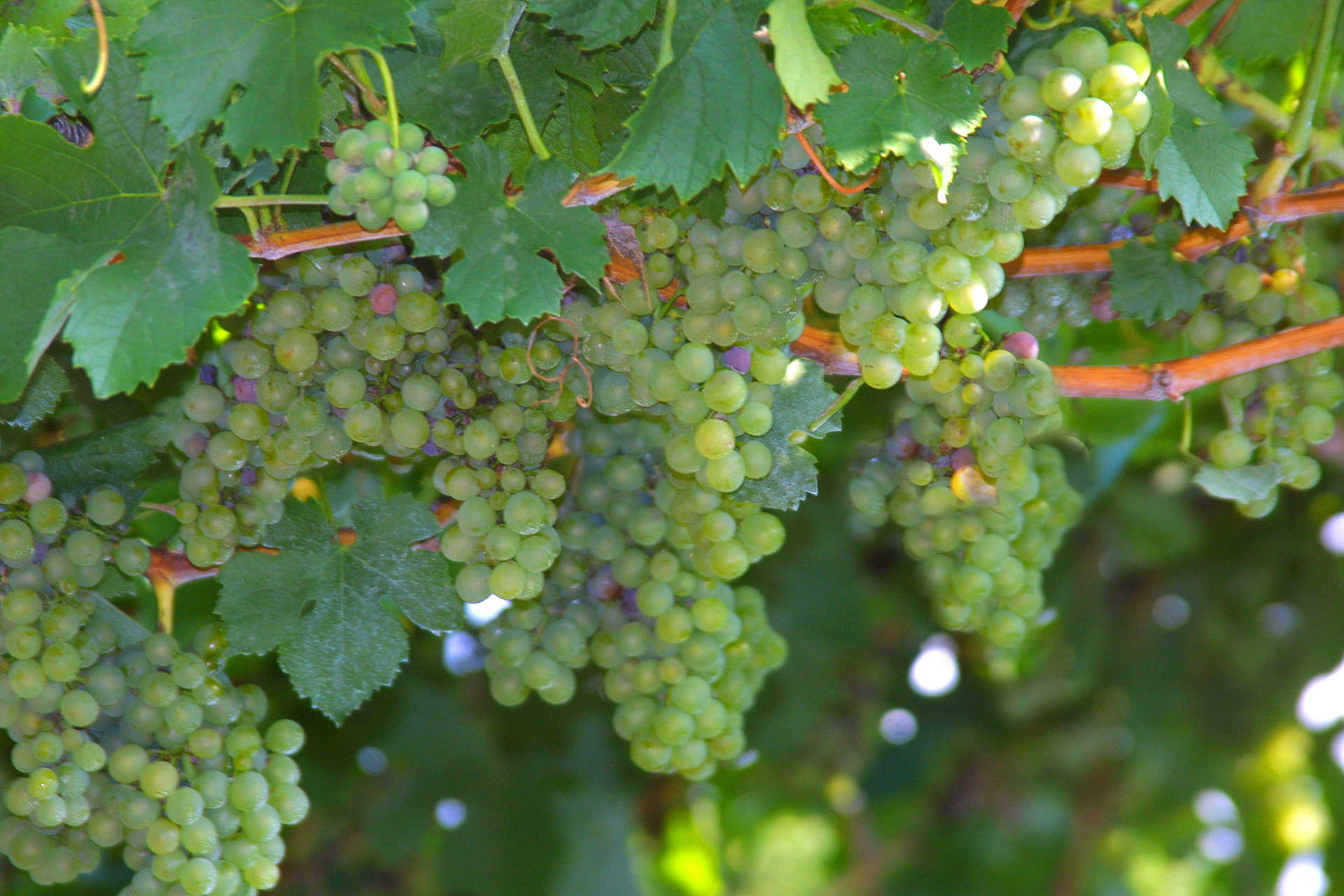Lagar da Condesa O Fillo da Condesa 2020
-
James
Suckling



Product Details
Your Rating
Somm Note
Winemaker Notes
Blend: 100% Albariño
Professional Ratings
-
James Suckling
Sliced apple, pear, lemon and melon on the nose. Some jasmine, too. It’s medium-bodied with bright acidity and a floral, fruity palate. Smooth and creamy finish. Vegan. Drink now.
Other Vintages
2022-
James
Suckling
-
James
Suckling
-
James
Suckling -
Wine
Spectator




Lagar da Condesa was founded by the Gil Family in 2013. Located in the Val do Salnés area of Rías Baixas, the coolest and dampest area of the region with the most Atlantic coastline and the birthplace of Albariño. Soils are dominated by granite; rivers and tributaries have left alluvial deposits of clay, silt, sand, and gravel; also high levels of minerality – all ideal conditions for Albariño. Known as “Green Spain”, the region has moderate year-round temperatures, ocean mists and up to 3x the average rainfall of the rest of the country. Balanced by 2,200 hour of sunshine ensures the Albariño ripens fully with good natural acidity and aromatic profile.
The winery is a traditional “Pazo” surrounded by its vineyards all trained on pergolas (or “parral”) about 5 feet off the ground to ensure plenty of ventilation to counter the damp climate. Harvesting is done by hand in 15kg (33lb) baskets.

Bright and aromatic with distinctive floral and fruity characteristics, Albariño has enjoyed a surge in popularity and an increase in plantings over the last couple of decades. Thick skins allow it to withstand the humid conditions of its homeland, Rías Baixas, Spain, free of malady, and produce a weighty but fresh white. Somm Secret—Albariño claims dual citizenship in Spain and Portugal. Under the name Alvarinho, it thrives in Portugal’s northwestern Vinho Verde region, which predictably, borders part of Spain’s Rías Baixas.

Named after the rías, or estuarine inlets, that flow as far as 20 miles inland, Rías Baixas is an Atlantic coastal region with a cool and wet maritime climate. The entire region claims soil based on granite bedrock, but the inlets create five subregions of slightly different growing environments for its prized white grape, Albariño.
Val do Salnés on the west coast is said to be the birthplace of Albariño; it is the coolest and wettest of all of the regions. Having been named as the original subregion, today it has the most area under vine and largest number of wineries.
Ribeira do Ulla in the north and inland along the Ulla River is the newest to be included. It is actually the birthplace of the Padrón pepper!
Soutomaior is the smallest region and is tucked up in the hills at the end of the inlet called Ria de Vigo. Its soils are light and sandy over granite.
O Rosal and Condado do Tea are the farthest south in Rías Baixas and their vineyards actually cover the northern slopes of the Miño River, facing the Vinho Verde region in Portugal on its southern bank.
Albariño gives this region its fame and covers 90% of the area under vine. Caiño blanco, Treixadura and Loureira as well as occasionally Torrontés and Godello are permitted in small amounts in blends with Albariño. Red grapes are not very popular but Mencía, Espadeiro and Caiño Tinto are permitted and grown.
